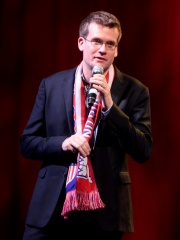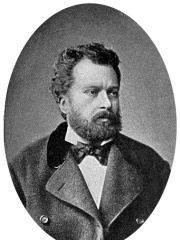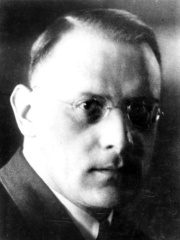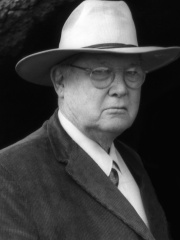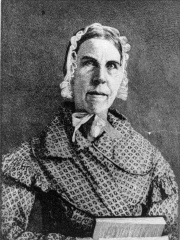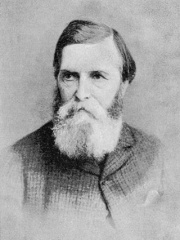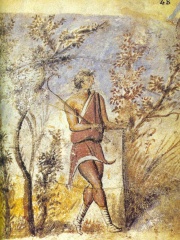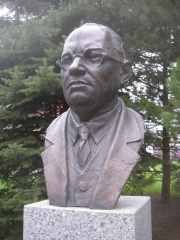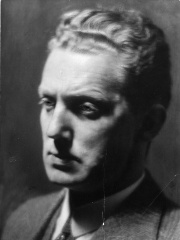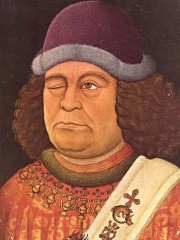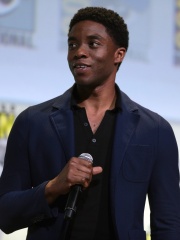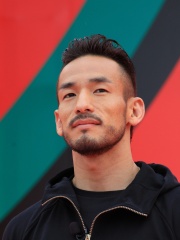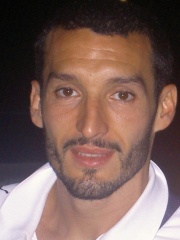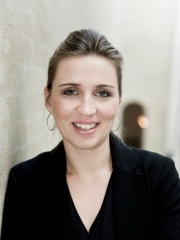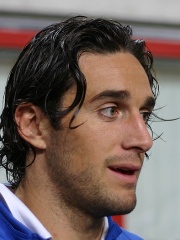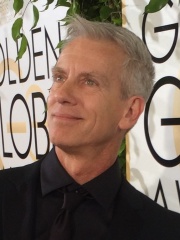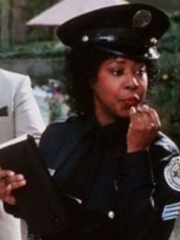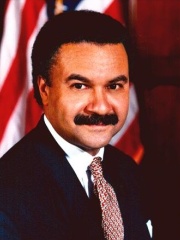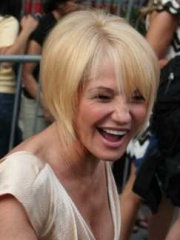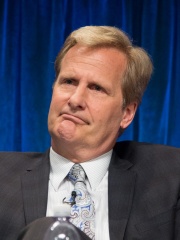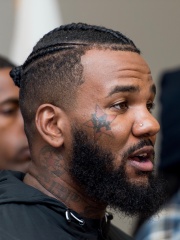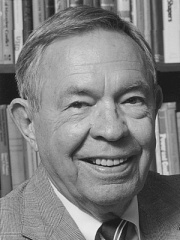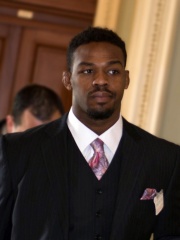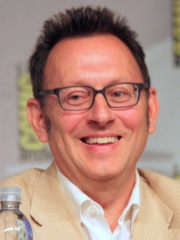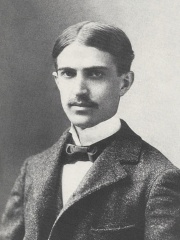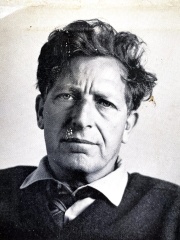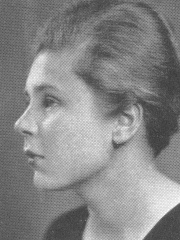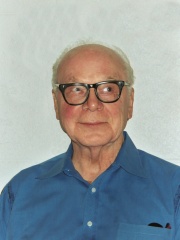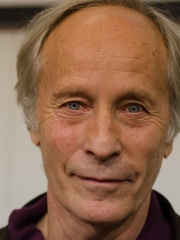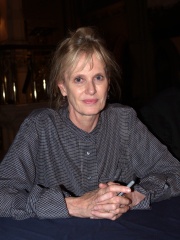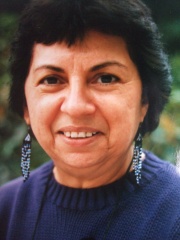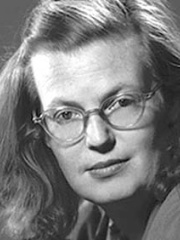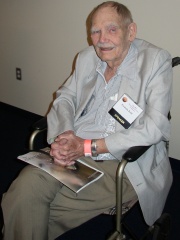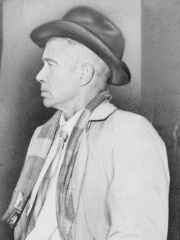WRITER
John Green
1977 - Today
 John Green
John Green
John Michael Green (born August 24, 1977) is an American author and YouTuber. His books have more than 50 million copies in print worldwide, including The Fault in Our Stars (2012), which is one of the best-selling books of all time. Green's rapid rise to fame and idiosyncratic voice are credited with creating a major shift in the young adult fiction market. Green is also well known for his work in online video, most notably his YouTube ventures with his younger brother Hank Green. Read more on Wikipedia
His biography is available in 56 different languages on Wikipedia (up from 54 in 2024). John Green is the 1,854th most popular writer (up from 5,908th in 2024), the 2,717th most popular biography from United States (up from 9,400th in 2019) and the 220th most popular American Writer.
Memorability Metrics
Page views of John Green by language
Among WRITERS
Among writers, John Green ranks 1,854 out of 7,302. Before him are Namık Kemal, Hans F. K. Günther, Erle Stanley Gardner, Sarah Moore Grimké, R. M. Ballantyne, and Miklós Nyiszli. After him are Aelianus Tacticus, Feng Menglong, Nicander, Josef Lada, Trygve Gulbranssen, and Oswald von Wolkenstein.
Most Popular Writers in Wikipedia
Go to all RankingsNamık Kemal
1840 - 1888
HPI: 63.75
Rank: 1,848
Hans F. K. Günther
1891 - 1968
HPI: 63.74
Rank: 1,849
Erle Stanley Gardner
1889 - 1970
HPI: 63.74
Rank: 1,850
Sarah Moore Grimké
1792 - 1873
HPI: 63.74
Rank: 1,851
R. M. Ballantyne
1825 - 1894
HPI: 63.74
Rank: 1,852
Miklós Nyiszli
1901 - 1956
HPI: 63.73
Rank: 1,853
John Green
1977 - Present
HPI: 63.73
Rank: 1,854
Aelianus Tacticus
100 - 200
HPI: 63.71
Rank: 1,855
Feng Menglong
1574 - 1645
HPI: 63.70
Rank: 1,856
Nicander
250 BC - 170 BC
HPI: 63.70
Rank: 1,857
Josef Lada
1887 - 1957
HPI: 63.70
Rank: 1,858
Trygve Gulbranssen
1894 - 1962
HPI: 63.70
Rank: 1,859
Oswald von Wolkenstein
1377 - 1445
HPI: 63.69
Rank: 1,860
Contemporaries
Among people born in 1977, John Green ranks 30. Before him are Chadwick Boseman, Jessica Chastain, Phil Neville, Hidetoshi Nakata, Mark van Bommel, and Gianluca Zambrotta. After him are Mette Frederiksen, Brittany Murphy, Luca Toni, Michael Fassbender, Antonio Di Natale, and A.J. Styles.
Others Born in 1977
Go to all RankingsChadwick Boseman
ACTOR
1977 - 2020
HPI: 64.52
Rank: 24
Jessica Chastain
ACTOR
1977 - Present
HPI: 64.47
Rank: 25
Phil Neville
SOCCER PLAYER
1977 - Present
HPI: 64.39
Rank: 26
Hidetoshi Nakata
SOCCER PLAYER
1977 - Present
HPI: 64.21
Rank: 27
Mark van Bommel
SOCCER PLAYER
1977 - Present
HPI: 64.17
Rank: 28
Gianluca Zambrotta
SOCCER PLAYER
1977 - Present
HPI: 63.96
Rank: 29
John Green
WRITER
1977 - Present
HPI: 63.73
Rank: 30
Mette Frederiksen
POLITICIAN
1977 - Present
HPI: 63.55
Rank: 31
Brittany Murphy
ACTOR
1977 - 2009
HPI: 63.54
Rank: 32
Luca Toni
SOCCER PLAYER
1977 - Present
HPI: 63.33
Rank: 33
Michael Fassbender
ACTOR
1977 - Present
HPI: 63.27
Rank: 34
Antonio Di Natale
SOCCER PLAYER
1977 - Present
HPI: 62.03
Rank: 35
A.J. Styles
WRESTLER
1977 - Present
HPI: 61.97
Rank: 36
In United States
Among people born in United States, John Green ranks 2,717 out of 20,380. Before him are Erle Stanley Gardner (1889), Chris Sanders (1962), Marion Ramsey (1947), Sarah Moore Grimké (1792), Ron Brown (1941), and Ellen Barkin (1954). After him are Jeff Daniels (1955), The Game (1979), Thomas Gordon (1918), Amber Heard (1986), Jon Jones (1987), and Michael Emerson (1954).
Others born in United States
Go to all RankingsErle Stanley Gardner
WRITER
1889 - 1970
HPI: 63.74
Rank: 2,711
Chris Sanders
FILM DIRECTOR
1962 - Present
HPI: 63.74
Rank: 2,712
Marion Ramsey
ACTOR
1947 - 2021
HPI: 63.74
Rank: 2,713
Sarah Moore Grimké
WRITER
1792 - 1873
HPI: 63.74
Rank: 2,714
Ron Brown
POLITICIAN
1941 - 1996
HPI: 63.74
Rank: 2,715
Ellen Barkin
ACTOR
1954 - Present
HPI: 63.73
Rank: 2,716
John Green
WRITER
1977 - Present
HPI: 63.73
Rank: 2,717
Jeff Daniels
ACTOR
1955 - Present
HPI: 63.73
Rank: 2,718
The Game
MUSICIAN
1979 - Present
HPI: 63.73
Rank: 2,719
Thomas Gordon
PSYCHOLOGIST
1918 - 2002
HPI: 63.73
Rank: 2,720
Amber Heard
ACTOR
1986 - Present
HPI: 63.73
Rank: 2,721
Jon Jones
MARTIAL ARTS
1987 - Present
HPI: 63.72
Rank: 2,722
Michael Emerson
ACTOR
1954 - Present
HPI: 63.71
Rank: 2,723
Among WRITERS In United States
Among writers born in United States, John Green ranks 220. Before him are Stephen Crane (1871), Paul Goodman (1911), Elizabeth Bishop (1911), Philip José Farmer (1918), Erle Stanley Gardner (1889), and Sarah Moore Grimké (1792). After him are Richard Ford (1944), Siri Hustvedt (1955), Gloria E. Anzaldúa (1942), Shirley Jackson (1916), Frederik Pohl (1919), and E. E. Cummings (1894).
Stephen Crane
1871 - 1900
HPI: 63.94
Rank: 214
Paul Goodman
1911 - 1972
HPI: 63.91
Rank: 215
Elizabeth Bishop
1911 - 1979
HPI: 63.84
Rank: 216
Philip José Farmer
1918 - 2009
HPI: 63.82
Rank: 217
Erle Stanley Gardner
1889 - 1970
HPI: 63.74
Rank: 218
Sarah Moore Grimké
1792 - 1873
HPI: 63.74
Rank: 219
John Green
1977 - Present
HPI: 63.73
Rank: 220
Richard Ford
1944 - Present
HPI: 63.65
Rank: 221
Siri Hustvedt
1955 - Present
HPI: 63.62
Rank: 222
Gloria E. Anzaldúa
1942 - 2004
HPI: 63.61
Rank: 223
Shirley Jackson
1916 - 1965
HPI: 63.57
Rank: 224
Frederik Pohl
1919 - 2013
HPI: 63.56
Rank: 225
E. E. Cummings
1894 - 1962
HPI: 63.55
Rank: 226
